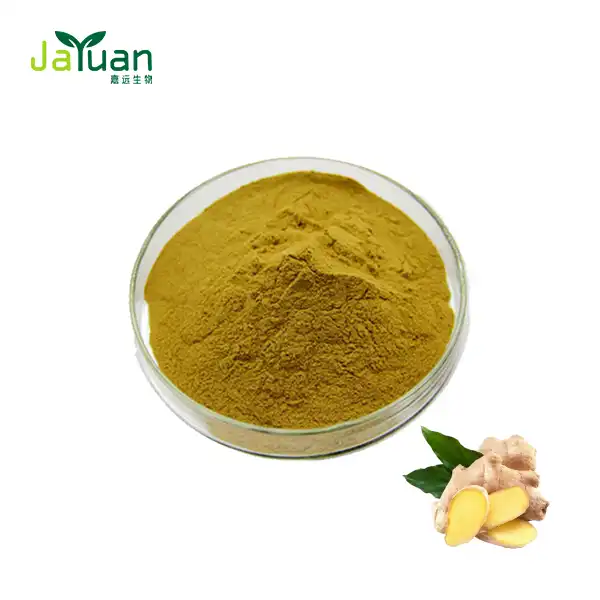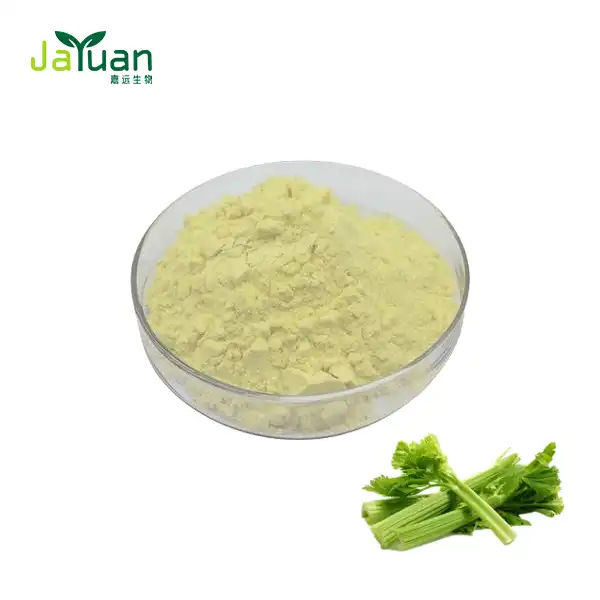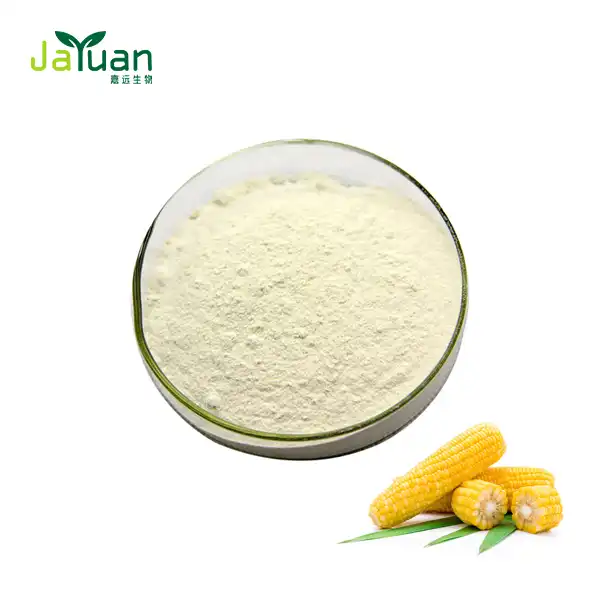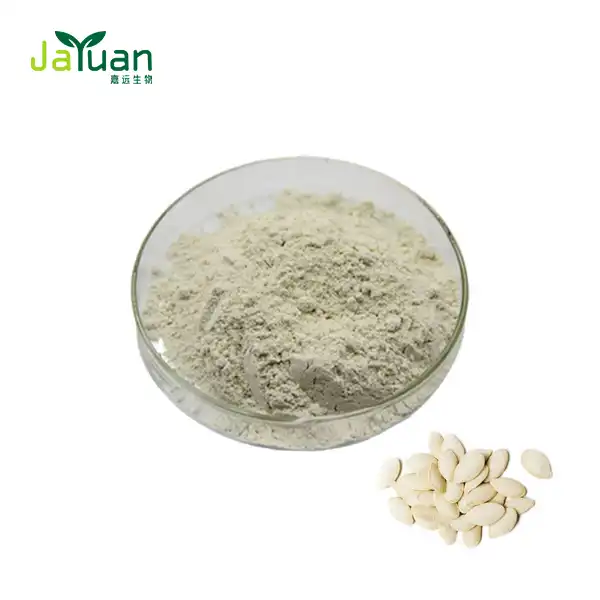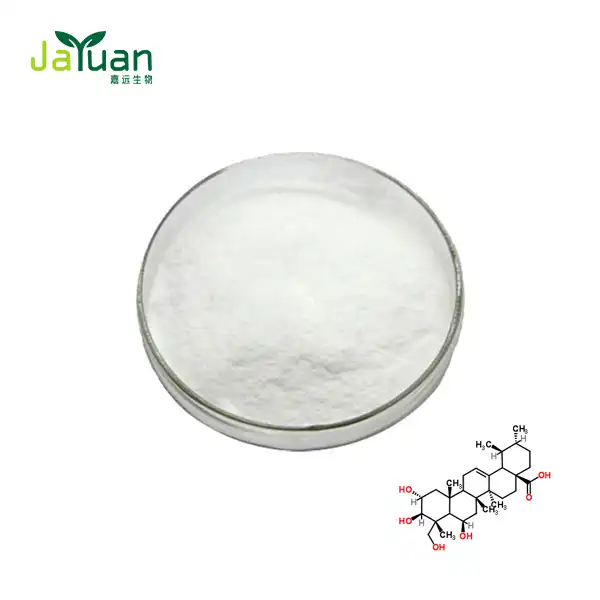Fructooligosaccharides Powder: Natural Sweetener or Health Risk?
In the quest for healthier alternatives to sugar, fructooligosaccharides (FOS) powder has gained significant attention. This natural sweetener, derived from plants, offers a promising solution for those looking to reduce their sugar intake without sacrificing sweetness. However, as with any dietary supplement, it's essential to understand both the benefits and potential risks associated with FOS powder. In this comprehensive guide, we'll explore the nature of fructooligosaccharides powder, its effects on blood sugar, its role in ketogenic diets, and how to use it effectively as a low-calorie sweetener.

Does FOS powder spike blood sugar like regular sugar?
One of the primary concerns when considering any sweetener is its impact on blood sugar levels. Unlike regular sugar, FOS powder has a unique characteristic that sets it apart from traditional sweeteners.
The Glycemic Impact of FOS Powder
Organic fructooligosaccharide powder is known for its minimal effect on blood glucose levels. This is due to its molecular structure, which resists digestion in the small intestine. As a result, FOS passes through to the large intestine largely intact, where it serves as a prebiotic fiber.
Research has shown that FOS has a glycemic index close to zero, meaning it doesn't cause the rapid spikes in blood sugar typically associated with consuming regular sugar. This property makes FOS powder an attractive option for individuals managing their blood glucose levels, including those with diabetes or prediabetes.
Metabolic Benefits of FOS
Beyond its neutral effect on blood sugar, FOS powder may offer additional metabolic benefits:
- Improved insulin sensitivity
- Enhanced glucose tolerance
- Potential reduction in fasting blood glucose levels
These effects are attributed to Fructooligosaccharides Powder's role as a prebiotic, supporting the growth of beneficial gut bacteria that play a crucial role in metabolic health.
FOS powder in keto diets: Safe or problematic?
The ketogenic diet, characterized by its low-carb, high-fat approach, has surged in popularity. As keto dieters seek ways to satisfy their sweet tooth without derailing their nutritional goals, FOS powder has emerged as a potential solution. But how does it fit into the strict carbohydrate restrictions of a ketogenic lifestyle?
Compatibility with Ketosis
FOS powder's compatibility with ketosis stems from its unique metabolic fate. Since it's not digested in the small intestine, it doesn't contribute significant carbohydrates that could interfere with ketosis. This makes fructooligosaccharides powder a viable option for those adhering to a ketogenic diet.
However, it's crucial to note that while FOS doesn't directly impact blood sugar or insulin levels, it does provide a small number of calories (about 2 calories per gram). These calories come from the short-chain fatty acids produced when gut bacteria ferment FOS in the colon.
Potential Benefits for Keto Dieters
Incorporating FOS powder into a ketogenic diet may offer several advantages:
- Sweetness without carbs: Satisfies cravings without adding net carbs
- Gut health support: Promotes beneficial bacteria growth, which can be challenging on a very low-carb diet
- Improved satiety: The fiber content may help increase feelings of fullness
Considerations for Keto Use
While generally safe for keto diets, there are a few considerations:
- Individual tolerance: Some people may experience digestive discomfort when first introducing FOS
- Moderation is key: Even though FOS doesn't count towards net carbs, overconsumption could lead to excess calorie intake
- Quality matters: Opt for high-quality, organic fructooligosaccharide powder to ensure purity and effectiveness
How to use FOS powder as a low-calorie sweetener?
Incorporating FOS powder into your diet as a low-calorie sweetener can be a game-changer for those looking to reduce sugar intake without sacrificing sweetness. Here's how to make the most of this versatile ingredient:
Dosage and Incorporation
When using FOS powder as a sweetener, start with small amounts and gradually increase to your desired sweetness level. A typical starting dose is 1-2 grams per serving, which can be adjusted based on personal preference and tolerance.
FOS powder can be easily incorporated into various foods and beverages:
- Hot and cold beverages: Stir into coffee, tea, or smoothies
- Baked goods: Use as a partial sugar replacement in recipes
- Yogurt and oatmeal: Sprinkle on top for added sweetness
- Sauces and dressings: Incorporate for a subtle sweet note

Culinary Tips for FOS Powder
To optimize your use of FOS powder in cooking and baking:
- Combine with other sweeteners: FOS works well in combination with stevia or monk fruit for a more balanced sweetness profile
- Account for moisture: FOS doesn't provide the same bulk as sugar, so you may need to adjust liquid ratios in recipes
- Consider heat stability: FOS is heat-stable, making it suitable for cooking and baking applications
Potential Side Effects and Precautions
While FOS powder is generally well-tolerated, some individuals may experience digestive symptoms when first introducing it into their diet. These can include:
- Bloating
- Gas
- Mild abdominal discomfort
To minimize these effects:
- Start with small amounts and gradually increase intake
- Stay hydrated to support digestive health
- Listen to your body and adjust consumption as needed
Long-term Benefits of FOS Powder Use
Regular consumption of FOS powder as part of a balanced diet may contribute to several long-term health benefits:
- Improved gut health and digestion
- Enhanced mineral absorption, particularly calcium and magnesium
- Potential support for immune function
- Assistance in maintaining healthy blood lipid levels
As research continues to unfold, the full spectrum of benefits associated with FOS powder is still being discovered. However, its role as a prebiotic fiber and low-calorie sweetener makes it a valuable addition to many dietary regimens.
Choosing the Right FOS Powder
When selecting an FOS powder, consider the following factors:
- Purity: Look for products with minimal additives
- Source: Choose powders derived from high-quality plant sources
- Certification: Opt for certified organic products when possible
- Packaging: Ensure proper packaging to maintain freshness and potency
Organic fructooligosaccharide powder from reputable suppliers often offers the best quality and reliability for dietary use.
Integrating FOS Powder into a Healthy Lifestyle
While FOS powder can be a valuable tool in reducing sugar intake and promoting gut health, it's essential to view it as part of a broader approach to healthy living. Combine the use of FOS powder with:
- A balanced, whole-food diet rich in fruits, vegetables, and lean proteins
- Regular physical activity
- Adequate hydration
- Stress management techniques
By integrating FOS powder thoughtfully into a well-rounded lifestyle, you can maximize its benefits while supporting overall health and well-being.
The Future of FOS Powder in Nutrition
As research into prebiotics and gut health continues to evolve, the role of FOS powder in nutrition is likely to expand. Future applications may include:
- Targeted formulations for specific health conditions
- Enhanced food products with added prebiotic benefits
- More precise dosing recommendations based on individual microbiome profiles
Staying informed about the latest developments in FOS research can help you make educated decisions about incorporating this versatile powder into your dietary routine.
Conclusion
In conclusion, fructooligosaccharides powder offers a promising alternative to traditional sweeteners, with potential benefits for blood sugar management, ketogenic diets, and overall health. By understanding its properties and using it judiciously, you can harness the power of this natural prebiotic sweetener to support your health and wellness goals.
For high-quality fructooligosaccharides powder and other natural plant extracts, consider exploring the offerings from Xi'an Jiayuan Bio-Tech. Our commitment to quality and purity ensures that you're getting the best possible products for your health and wellness needs. To learn more about our range of plant extracts or to discuss custom formulations, please don't hesitate to reach out to us at sales@jayuanbio.com. Our team of experts is ready to assist you in finding the perfect solutions for your dietary supplement or functional food products.
References
1. Johnson, M. E., & Smith, K. L. (2019). The impact of fructooligosaccharides on blood glucose regulation: A systematic review. Journal of Functional Foods, 52, 524-531.
2. Rodriguez-Colinas, B., et al. (2018). Fructooligosaccharides: Production, characteristics, and prebiotic role in human health. Comprehensive Reviews in Food Science and Food Safety, 17(5), 1261-1276.
3. Carlson, J. L., et al. (2018). Health effects and sources of prebiotic dietary fiber. Current Developments in Nutrition, 2(3), nzy005.
4. Davani-Davari, D., et al. (2019). Prebiotics: Definition, types, sources, mechanisms, and clinical applications. Foods, 8(3), 92.
5. Slavin, J. (2013). Fiber and prebiotics: Mechanisms and health benefits. Nutrients, 5(4), 1417-1435.
6. Gibson, G. R., et al. (2017). Expert consensus document: The International Scientific Association for Probiotics and Prebiotics (ISAPP) consensus statement on the definition and scope of prebiotics. Nature Reviews Gastroenterology & Hepatology, 14(8), 491-502.

